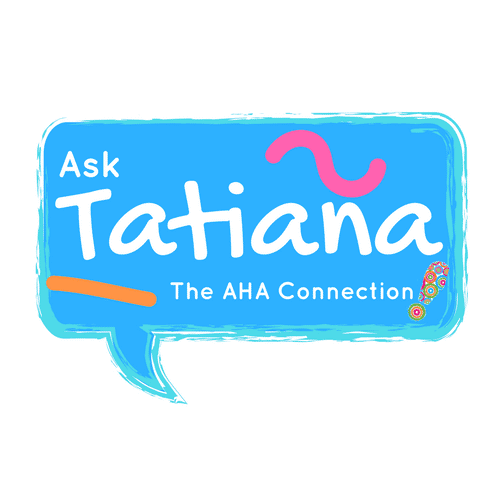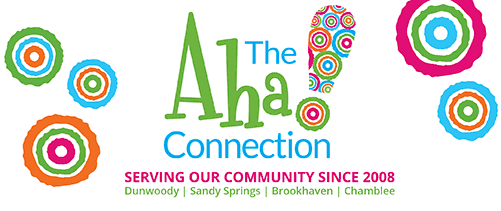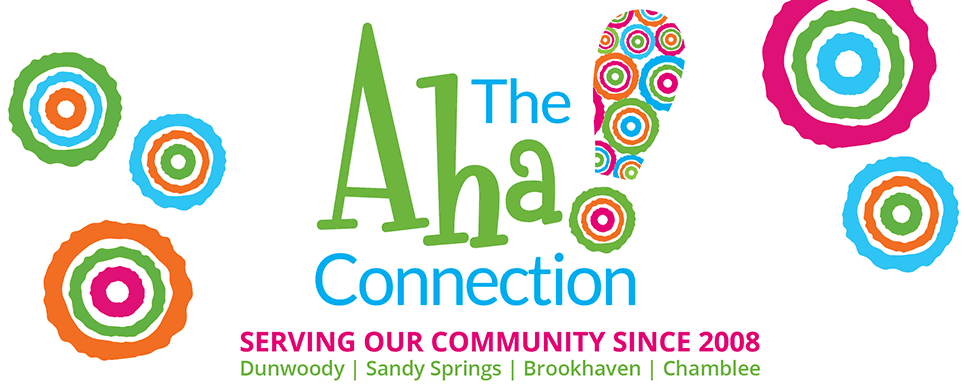 Hi Tatiana,
Hi Tatiana,
I have an issue with my 11 year old. I don’t know how to reprimand to fit the crime. My daughter learned how to craft and sell items to friends with YouTube. I took her last week to buy fabric and we bought very little. When asked if she needed more she replied “no.” Today, I found out she went into my closet, got a shirt of mine and destroyed it to her benefit. It is not one I use, but this is selfish and wrong. Should I have her pay me a small amount or take something away as in technology?
Signed,
Discouraged & Frustrated to Say the Least
 Dear Discouraged and Frustrated to Say the Least,
Dear Discouraged and Frustrated to Say the Least,
I understand how you feel, but we have to remember that our tweens, teens and early 20 year olds are navigating their decisions with a lesser cognitive ability than their parents. The likelihood is high that this is not about character, but about wiring.
A great way to define how to make this teachable moment most effective is to mirror what this scenario may look like in the “real world.” In the “real world” if you steal and destroy a shirt, you have to reimburse the store for the item. You will also be required to complete some community service hours and you will be placed on a period of probation. Translating that into kid terms may mean that your daughter should pay you whatever the cost of the shirt was. She can pay you out of her savings or she can complete chores around the house that you place a monetary value to. I would select two or three “community service” activities for her. (Community service can be cleaning toilets, pulling weeds or a service project that you select.) “Probation” can be eliminating or limiting certain privileges or increasing supervision in certain areas. “Probation” can be a big, fat pain in the neck for parents, so don’t over commit yourself to something that you can’t maintain. A week should be plenty for an 11 year-old. Finally, make sure you remind her that we all make mistakes. Her job is to learn from them. A big hug and kiss and an “I love you always” should round this intervention out nicely.
Best,
Do you have a question for Tatiana? Learn more about her weekly Aha! Advice column here.
Contact:
Tatiana Matthews, LPC
tatiana@theahaconnection.com





